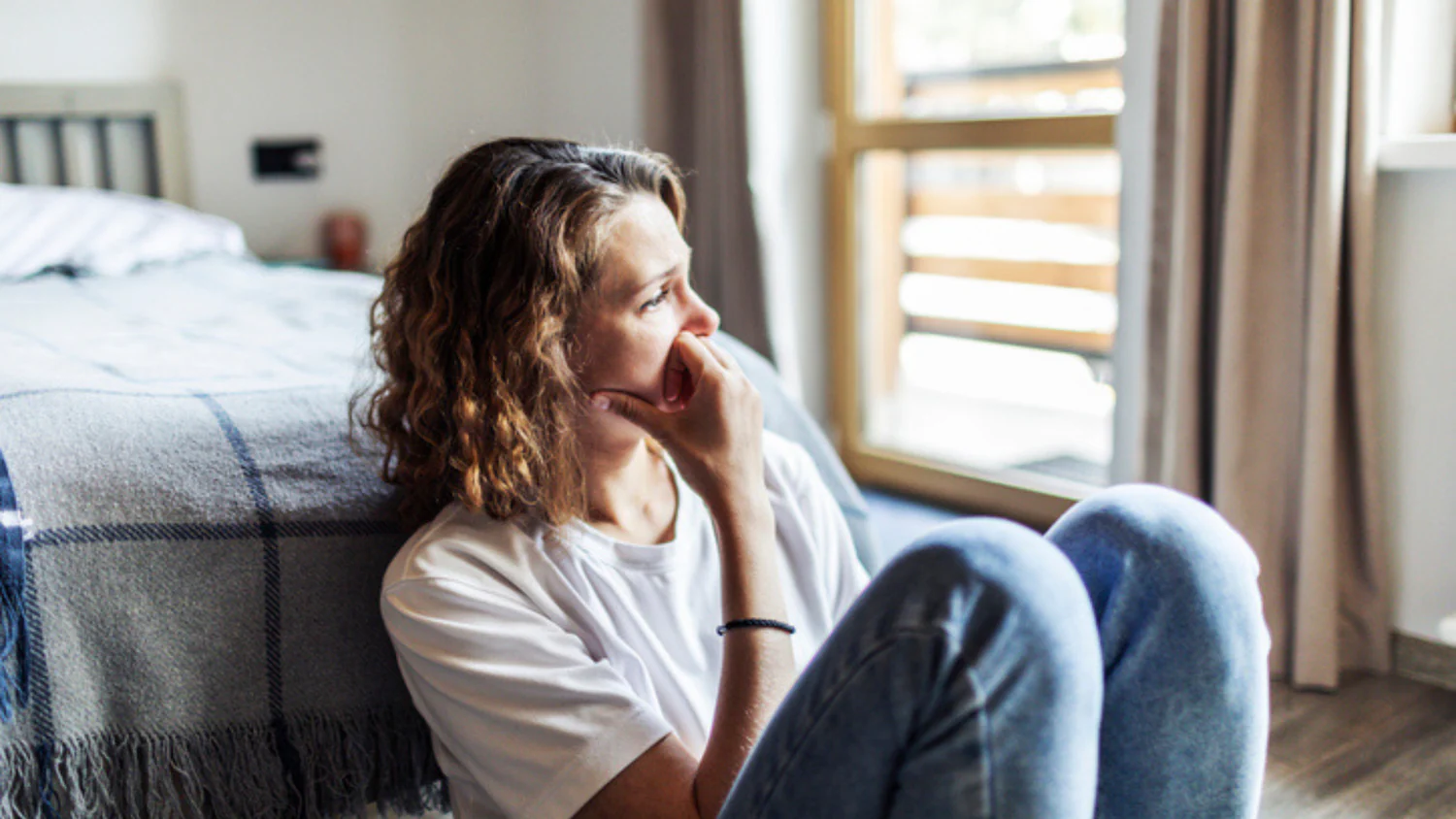Our bodies and thoughts naturally change as we get older. It’s more important than ever to deal with stress and get enough sleep. Stress and lack of sleep can speed up the aging process and make many health problems more likely. A calm mind and restful sleep, on the other hand, help you live longer, remember things better, and feel better overall, both physically and emotionally.
Retirement, health problems, caring for others, or the death of a loved one are just a few of the things that can be stressful for older people. Changing your sleep habits, like waking up a lot at night or feeling less relaxed, can also have an effect on your energy, mood, and ability to think and remember things. Realizing that worry and sleep are linked is the first thing that you can do to start making better choices that will help you age well.
Figuring out how stress makes the body work
It’s normal to feel stressed when you face problems in life, but long-term worry is bad for your body. Hormones like adrenaline and cortisol are released, and over time, they can weaken the immune system, make inflammation worse, raise blood pressure, and make it harder to focus and remember things. Long-term stress in older people can make health problems like heart disease, worry, sadness, and memory loss worse.
Stress can make normal life feel too much for your emotions to handle. It might make it harder to enjoy being with other people, making choices, or doing things you enjoy. Taking care of your stress is not only important for your mental health, but also for your long-term health.
How getting older changes the way you sleep
People of all ages still need to sleep, but the way they sleep often changes. Older adults may sleep less deeply, wake up more often, or wake up early in the morning. Sleep problems like sleep apnea, restless legs syndrome, or long-term pain can make it even harder to sleep. These changes can make older people tired during the day and make it harder for them to concentrate, remember things, and feel good.
Good sleep is important for fixing cells, keeping your brain healthy, and keeping your emotions in check. When you don’t get enough sleep, your health suffers. Diabetes, sadness, obesity, and Alzheimer’s disease are all more likely to happen if you don’t get enough sleep. So, putting sleep hygiene first is important for staying healthy as you age.
Setting up a relaxing evening routine
Setting up a relaxing routine for the evening is one of the best ways to get a better night’s sleep and feel less stressed. Every night, performing the same activities that promote relaxation signals to your body and brain that it is time to unwind. Some things that could help with this are turning down the lights, reading a book, having warm herbal tea, or listening to soft music.
It can make a big difference to avoid exciting activities like watching TV, checking email, or having deep talks. By turning off screens at least an hour before bed, you lower your exposure to blue light, which can stop your body from making melatonin and mess up your normal sleep cycle.
Using techniques for mindfulness and relaxation
Mindfulness, meditation, and deep breathing routines are all great ways to deal with stress. The mind is calmed, the body is relaxed, and cortisol levels drop. Mindfulness practice, even for just a few minutes a day, can improve your happiness, lower your worry, and make you stronger emotionally.
As part of a habit to lower stress, you can also do progressive muscle relaxing, guided images, or easy yoga. It is easier to fall asleep and stay asleep when you do these things. They help your body change from a state of alertness to a state of rest and healing.
Keeping your body active
Regular exercise is a natural way to reduce stress and improve sleep. Endorphins are the body’s feel-good chemicals. Exercise helps control mood, lowers stress, and makes more endorphins. By keeping the body’s circadian cycle in check, it also helps people sleep better.
For older people, walking, swimming, tai chi, or light stretching are all great options. The goal is to keep moving without working too hard. But it’s best to avoid doing a lot of physical action late at night, because it might make it hard to fall asleep. Working out in the morning or early afternoon is the best time to help you sleep well.
Taking Care of Your Stress and Mental Health
Too much worry can make it hard to fall asleep or keep you up at night. Putting your thoughts in a book before bed can help you relax and clear your mind. Making time for “worry time” earlier in the day, when worries are recognized and written down, can help calm the mind before bed.
It’s also important to talk about how you feel and get help when you need it. Being able to talk about your problems with a trusted friend, family member, or doctor can help you feel better. One of the best ways to avoid stress and loneliness in old age is to have a lot of social support.
Making the bedroom a good place to sleep
A nice place to sleep can make a big difference in how well you sleep. It should be cool, quiet, and dark in the bedroom. You can make the room more relaxing by using blackout curtains, white noise machines, or fans. It’s also important to buy a good mattress and blankets that support your body properly.
Keeping the bedroom free of things that might be distracting, like TVs, bright lights, and extra stuff, helps the brain connect the room with rest. If you don’t fall asleep in 20 minutes, it’s better to get up and do something quiet until you fall asleep again than to stay awake and feel annoyed.
What to eat and drink to help you sleep
What you eat and when you eat can affect how well you sleep. It can be hard to fall asleep or stay asleep if you eat a lot of sugar, coffee, booze, or heavy foods right before bed. Instead, eat something light in the evening, like a banana, peanuts, or warm milk. This can help you relax.
Drinking too much water at night is bad because it may wake you up to use the bathroom. Getting the right amount of food at different times of the day can help you sleep better at night.
Getting Help When You Need It
If you keep having trouble sleeping or feel like your worry is too much to handle, you should see a doctor. Conditions like severe sleeplessness, sleep apnea, or worry problems often affect older people, and they can receive help. Taking care of these problems can help you sleep better and live a better general life.
Cognitive behavioral treatment for insomnia (CBT-I) has been shown to help people sleep better without using drugs. It focuses on changing the thoughts and actions that keep you from sleeping, and it works especially well for older people.
Conclusion: Peace and rest can help you age well
It’s not enough to stay busy and eat well as you get older. You also need to deal with stress and give yourself time to rest. Older people can sleep better and feel more at ease by creating relaxing habits, staying in touch with friends and family, exercising, and taking care of their mental health.
It’s not about being perfect when it comes to dealing with stress and sleep. Instead, it’s about making habits that are gentle, helpful, and stable. Every night can be a chance to repair, recharge, and support your health for life if you plan ahead and do it regularly.




